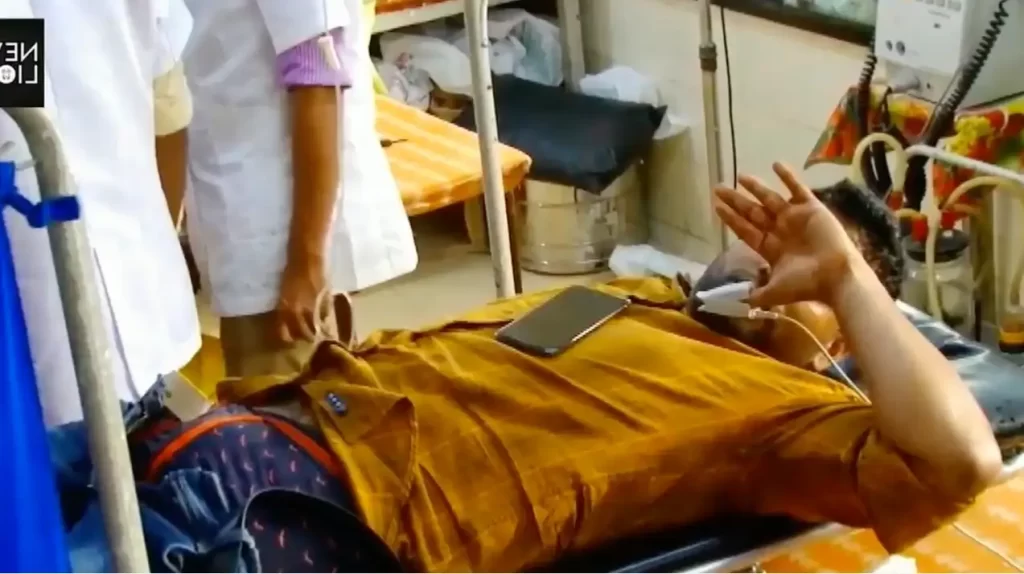In a shocking incident reported from Bihar, eastern India, a 25-year-old female doctor allegedly severed her boyfriend’s penis as an act of revenge after he failed to appear on their wedding day. The grisly attack, which occurred on Monday, has sent ripples through the local community and raised concerns about domestic violence and medical ethics.

According to local reports, the couple had planned to marry in court, but the boyfriend, a resident of Madhaura, did not show up for the ceremony. Following his absence, the jilted bride-to-be reportedly invited him to her house, where she carried out the violent assault.
The victim has been rushed to Patna Medical College and Hospital for urgent treatment following the horrific attack. Neighbors alerted the police after hearing screams from the woman’s residence. Upon arrival, law enforcement officers found the seriously injured man lying on a bed in a pool of blood.
The Station House Officer of Madhaura police station in Saran district confirmed the arrest of the accused, stating, “The woman is a 25-year-old unmarried doctor from Hajipur. She was doing practice in Madhaura. The victim is also unmarried.” He added that further investigation is underway.
This disturbing incident is not isolated, as India has seen several similar cases of genital mutilation in recent years. In 2018, a woman reportedly cut off her husband’s genitals for neglecting her and spending time with his second wife. In 2017, there were multiple reported cases, including a jilted girlfriend who severed her lover’s penis after he announced plans to marry someone else, and a woman who amputated her husband’s genitals during an argument over his extramarital affair.

These recurring incidents highlight a troubling trend of extreme violence in domestic disputes and raise questions about societal pressures, mental health issues, and the need for better conflict resolution mechanisms in relationships.
The medical background of the accused in this latest case adds another layer of concern, as it violates the fundamental principles of medical ethics and the Hippocratic oath. This incident may prompt discussions about psychological evaluations and ethical training in medical education.
As the investigation continues, this case is likely to draw attention to the broader issues of gender-based violence, the pressures surrounding marriage in Indian society, and the need for more comprehensive support systems for individuals facing relationship difficulties.
The incident serves as a stark reminder of the potential for violence in domestic disputes and the importance of addressing underlying societal issues that may contribute to such extreme actions.
Daily MailOnline



